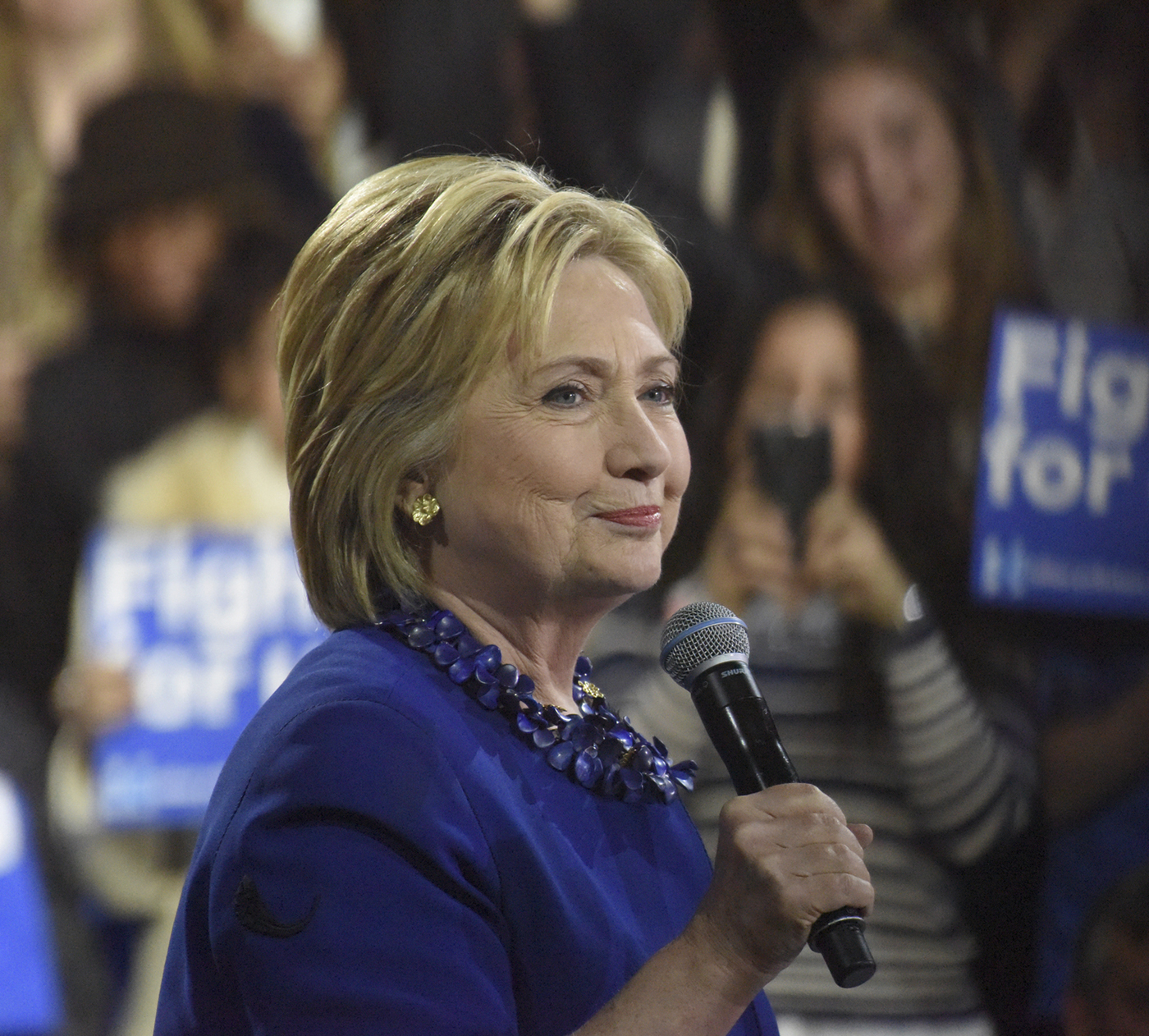Fine pharma for price gouging, says Clinton

Hillary Clinton has proposed further measures to crack down on pharma price gouging – including fining the companies in question.
The Democrat nominee for President has added further detail to plans announced last year in response to outrage caused by huge price rises by Turing Pharma, Valeant and others.
Her latest intervention has been prompted by a fresh controversy, Mylan’s steep, year-on-year price increases on its EpiPen (epinephrine) emergency anaphylaxis treatment.
Clinton said pharma and biotech industries are an “incredible source of American innovation”, but added in a briefing document that drug companies should not put “profits ahead of patients”.
Her plan would establish consumer oversight at US public health and competition agencies, which would determine if price rises are justified.
The service will take into account factors including the trajectory of the price increase, cost of production and relative value to the patient.
If the price of a well-established generic is unfairly increased, Clinton proposes:
*Penalties for unjustified pricing increases for well established drugs, such as fines, and using the funds or savings to expand access and competition,
*Making alternatives available and increasing competition, supporting rival manufacturers that enter the market,
*Emergency importation of high-quality alternatives from developed countries with strong safety standards.
Clinton argued that there is precedent for the fines from other federal programmes – for instance under Medicaid arrangements for people on low incomes, pharma companies must pay additional rebates if their prices increase beyond inflation.
Previous pharma proposals from Clinton included capping monthly and annual out-of-pocket drug costs for patients with chronic or serious health conditions, prohibiting “pay for delay” agreements to keep generics off the market, and clearing a backlog of generics waiting for regulatory approval.
Republican presidential candidate Donald Trump has proposed letting Medicare, which pays senior citizens' healthcare bills, negotiate prices with drug companies.












